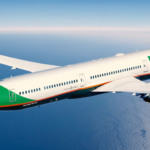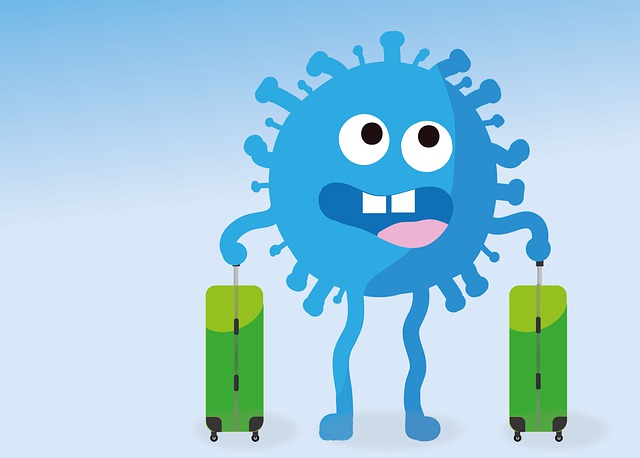Many authorities have realized that restriction on COVID-19 is no longer a viable option, and travel with COVID has become the norm today. The world is figuring out how to coexist with the virus. Travel and tourism are back in full flow, and travelers are no longer willing to accept the virus as an impediment. China’s zero tolerance for COVID, putting horrific lockdowns on millions, is also no longer fit for purpose. The World Tourism Network has been saying for a long, it is vital to learn how to live with the virus, but to accept this virus remains a risk.
Following a recent and recurrent COVID pandemic in the world’s most populous country, the United States and Europe have imposed restrictions on Chinese tourists. Some may argue that this is vital, while others argue that it will have no effect. In a statement issued on January 10, 2023, IATA detailed the facts, arguing that such limitations are harmful to travel and tourism and should be lifted.
While IATA inquired in 2020 how likely it is to get the virus on the plane, now this would equate to “never mind.”
IATA, of course, represents the global airline industry, which is profitable again and does not want to change that scenario.
IATA’s statement states:
“Several countries are introducing COVID-19 testing and other measures for travelers from China, even though the virus is already circulating widely within their borders. It is extremely disappointing to see this knee-jerk reinstatement of measures that have proven ineffective over the last three years.
“Research undertaken around the arrival of the Omicron variant concluded that putting barriers in the way of travel made no difference to the peak spread of infections. At most, restrictions delayed that peak by a few days. If a new variant emerges in any part of the world, the same situation would be expected”.
“That’s why governments should listen to the advice of experts, including the WHO, that advise against travel restrictions. We have the tools to manage COVID-19 without resorting to ineffective measures that cut off international connectivity, damage economies, and destroy jobs. Governments must base their decisions on ‘science facts’ rather than ‘science politics’.”


















More Stories
Former Super 8 Hotel Joins StayExpress Collection, Unlocking New Benefits
Philippine Tourism Soars, Employing Over 6 Million Filipinos in 2023
Galapagos Islands Doubles Tourist Entry Fees to Curb Visitor Influx & Fight Overtourism